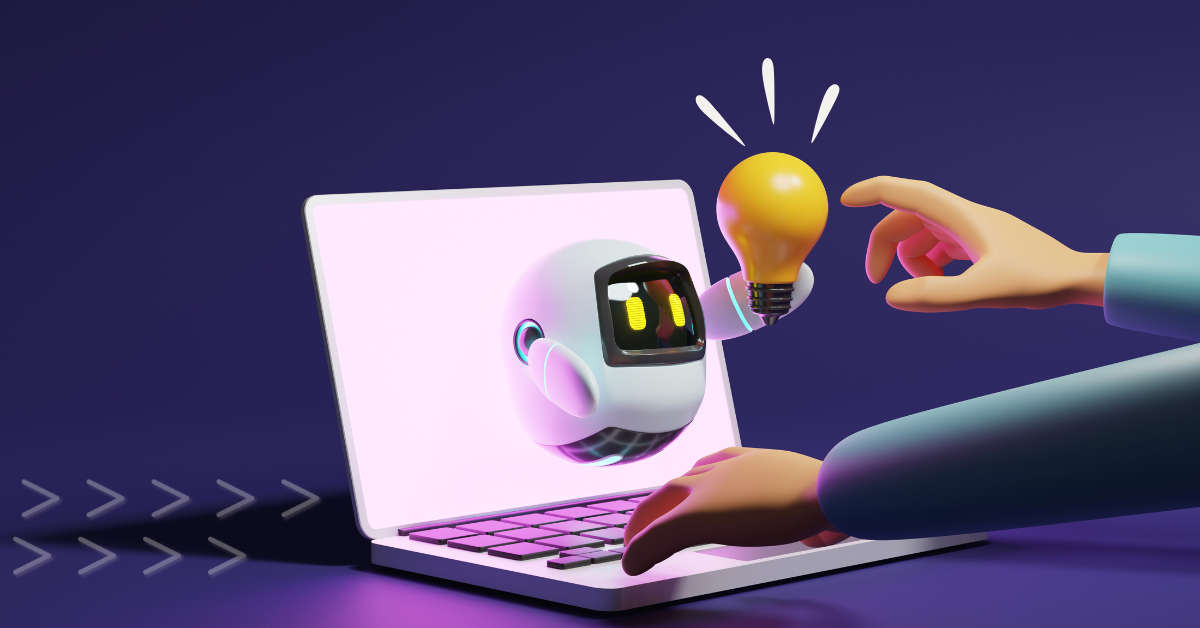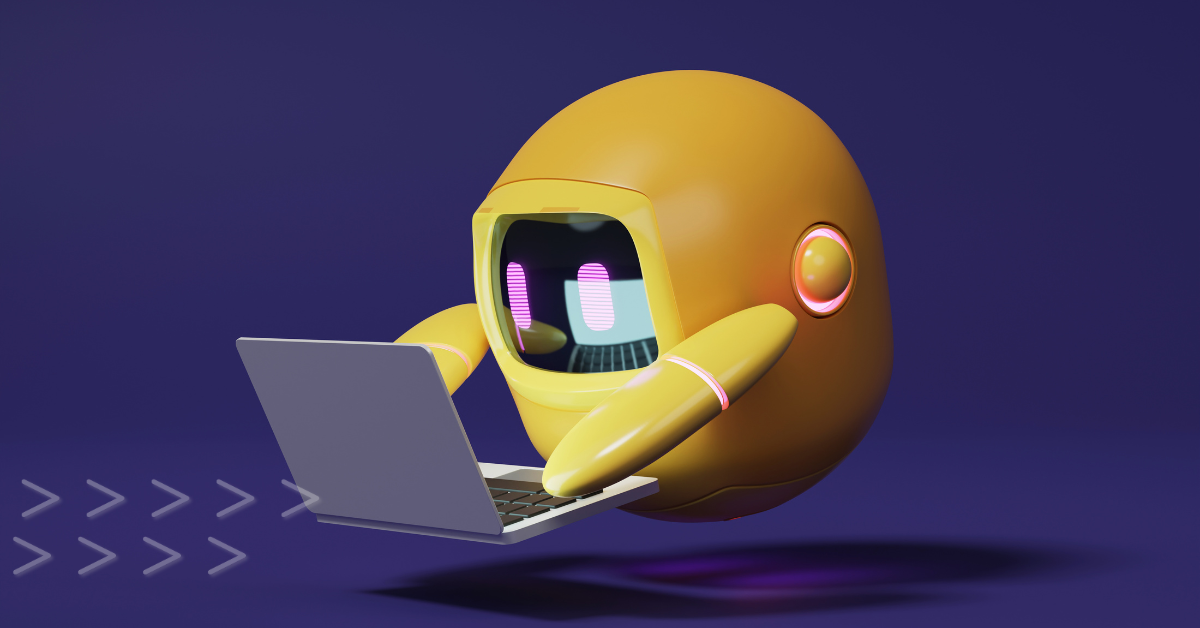Ready or Not, it’s AI Day
Happy Artificial Intelligence Appreciation Day! Assuming today is July 16. And assuming you actually do appreciate it. Because not everybody does. Some don’t give it much love because they’re not quite sure what AI really is or what it’s capable of. Others are skeptical because they know too much.
But if you’re like most of us, you have a sense of appreciation for AI’s ability to make things better, maybe a bit of apprehension about its power to change things forever, and probably a level of anticipation for what AI might be able to accomplish in the future.
Celebrated on July 16th each year, Artificial Intelligence Appreciation Day recognizes AI’s positive contributions to humanity and encourages conversations about AI ethics. It’s a day to stop and think about all the progress, promise and possibilities.
But before we get into what AI can do, let’s take a look at how AI came to be.
AI wasn’t born yesterday
It might feel brand new, since it’s such a hot topic right now, but AI has been part of the technology conversation for more than 80 years:
- Way back in 1943, the first recognized AI was created in McCulloch and Pitts’ formal design for artificial neurons.
- In 1956, the term ‘Artificial Intelligence’ was first coined at the Dartmouth Conference.
- In 1963, Stanford, MIT, and Carnegie Mellon established the world’s first AI departments.
- The 1980’s saw the rise of early forms of AI that mimicked the decision-making abilities of a human expert.
- In 1997, IBM’s chess-playing AI, Deep Blue, famously defeated world chess champion Garry Kasparov.
- And in the late 90s the first Artificial Intelligence Appreciation Day was celebrated to recognize the impact of AI on our lives.
Fast-forward to right now, AI is everything and everywhere. On our phones, on our wrists, in our cars, and on our laptops — AI has rapidly transformed the way we live, work, and interact, with technology and with each other. From self-driving cars to virtual assistants, AI is revolutionizing life as we know it. And it’s making a big-time impact on some major industries including healthcare, finance, transportation, and entertainment.
But what about marketing?
As marketing professionals, we eat constant change for breakfast. And oh boy is the world of marketing going through some shifts right now. Intelligent marketing tools and generative AI are creating an abundance of opportunities for marketing teams to do more of what they already do best: Connect their brands to people.
From data-driven insights to influencing consumer demand, let’s take a quick look at just some of the powerful AI devices in the marketing toolbox right now.
5 Marketing-Maximizing AI Tools
- Social media listening: AI algorithms can scan millions of data points in real-time to identify and extract relevant details that help social teams gain a deeper understanding of a customer’s mindset and anticipate their next move.
- Content generation: AI-powered platforms and prompts can identify keywords and triggers to help develop compelling social posts, inspire more impactful product descriptions, create email subject lines that get better open rates, and develop personalized content adapted to buyer personas.
- Audience segmentation and personalization: AI marketing can drive omnichannel business strategies based on market segmentation, aligning campaigns with customers most likely to buy. And programmatic advertising streamlines the process of selecting and setting up digital ads for the best ROI.
- Data analysis for customer insights: AI provides critical customer insights that help drive strategic marketing decisions. By providing deep insights into audience sentiment around a brand, AI can empower teams to adapt to changing market trends, prioritize budgets, and deepen customer relationships.
- AI chatbots: AI chatbot marketing can put brand visibility in hyperdrive with targeted messaging, boost engagement to generate leads, and analyze data to provide insights for predictive and prescriptive marketing.
The great, the bad, and the scary
There’s no denying that AI is transforming our lives. But we might not be totally sold just yet. A recent survey by Forbes indicated that many Americans still trust humans over AI by a large percentage. Those surveyed shared that they think people would do a better job of administering medicine, writing laws, and even choosing gifts, just to name a few.
- There’s the great: Enhanced accessibility and productivity, improved communication with machines, a better quality of life.
- The bad: Potential bias from incomplete data, reduced critical thinking, extra energy consumption, and threats to data privacy and security.
- And the scary: Loss of human connection, uncertain job security, and a potential tool for propaganda.
But don’t be scared, be excited! Because no matter how you look at it or what you think of it, AI is here to stay. And that can be a very good thing if we can continue to figure out how to use it to make our lives, and our marketing jobs, better.
About the Author
Jason M. Schultz, is a creative copywriter, a strategic storyteller and a builder of brands. Learn more about his award-winning work at smartmouthcopy.com.


